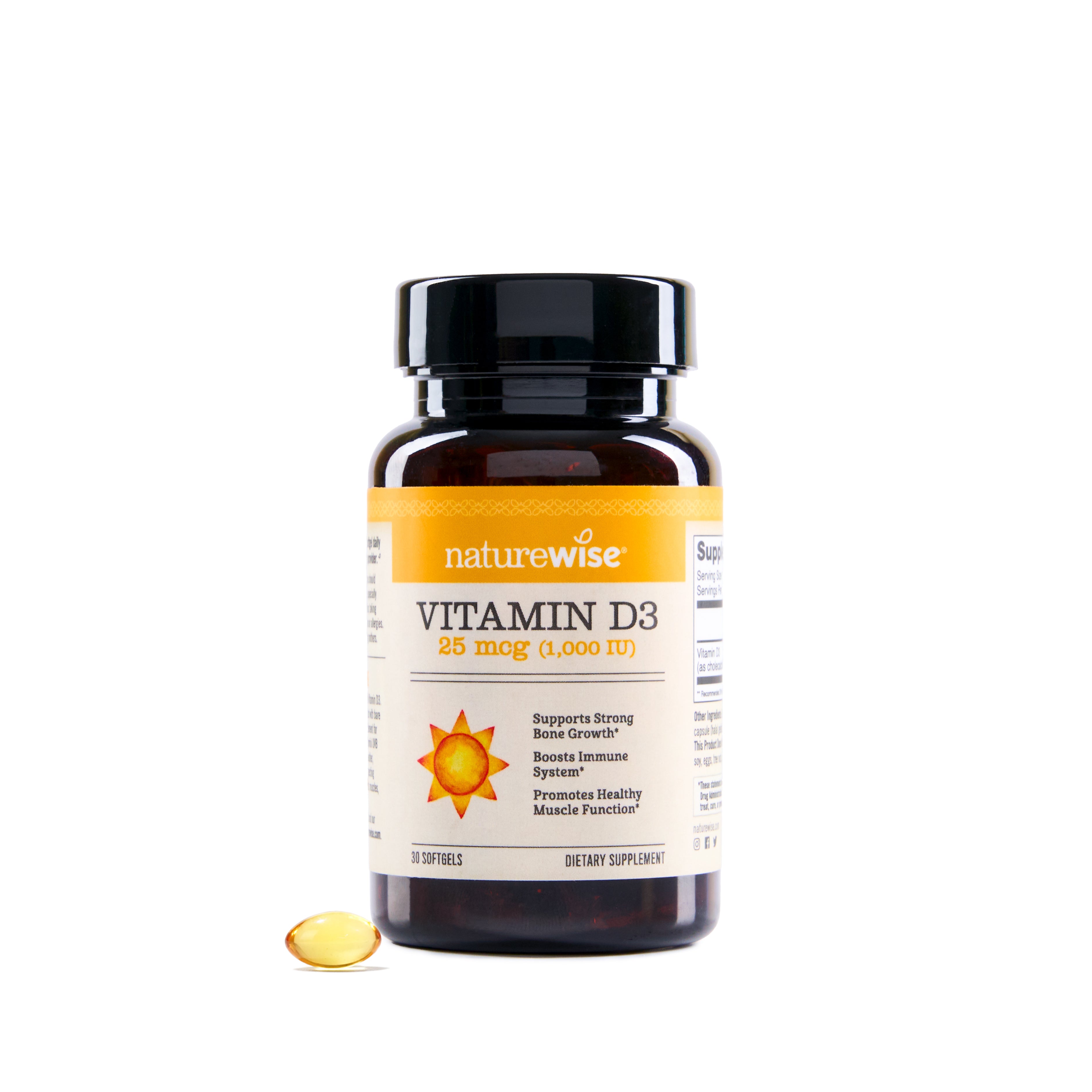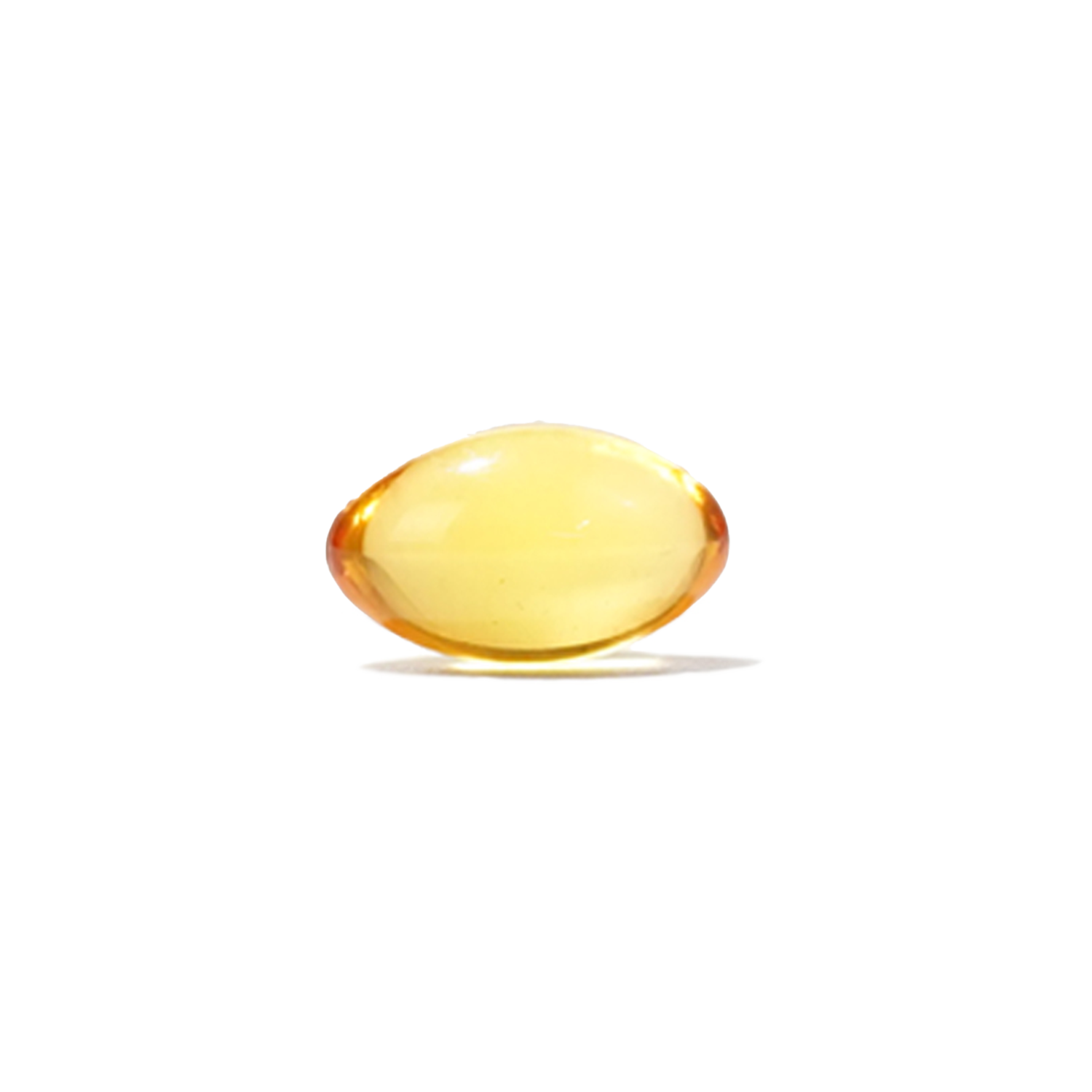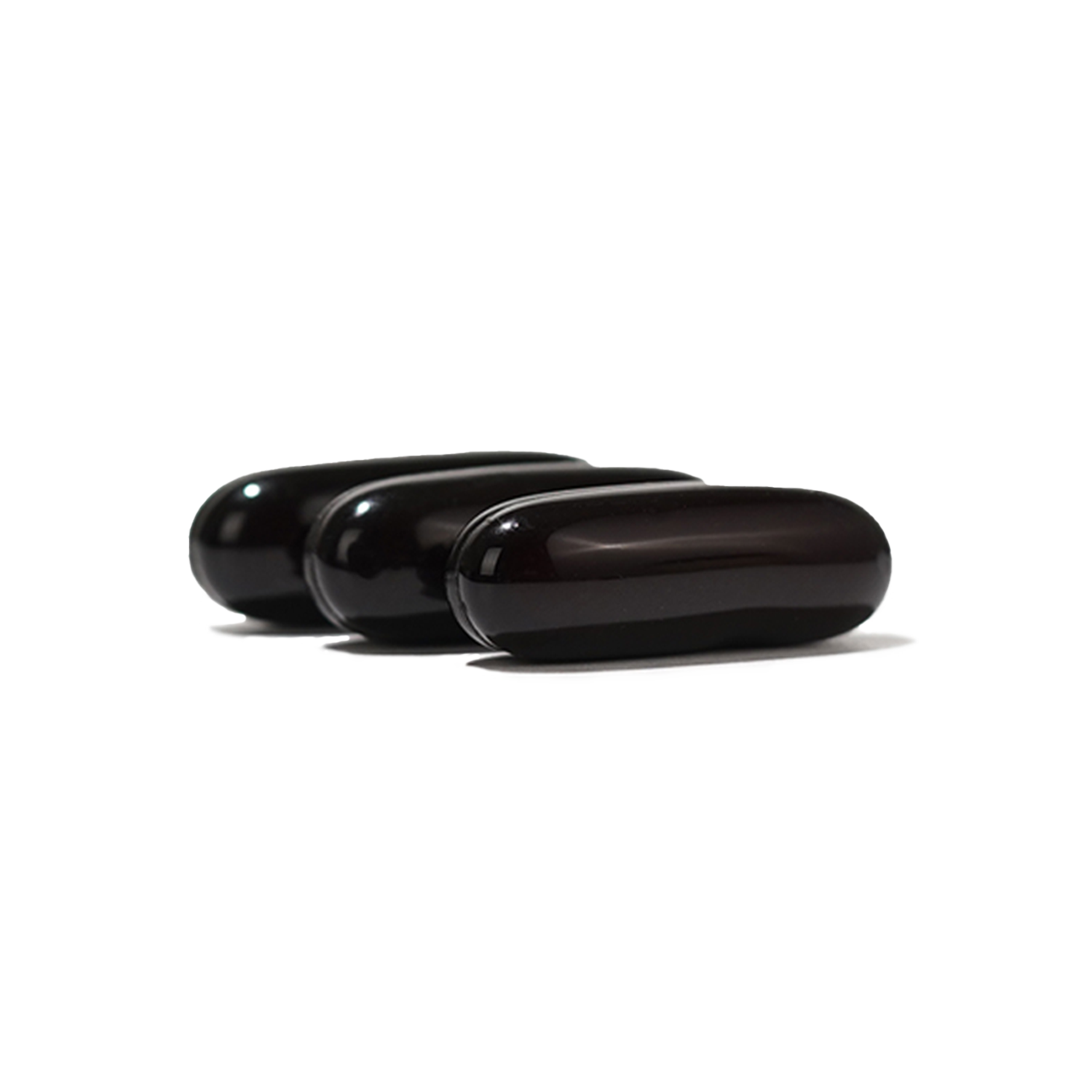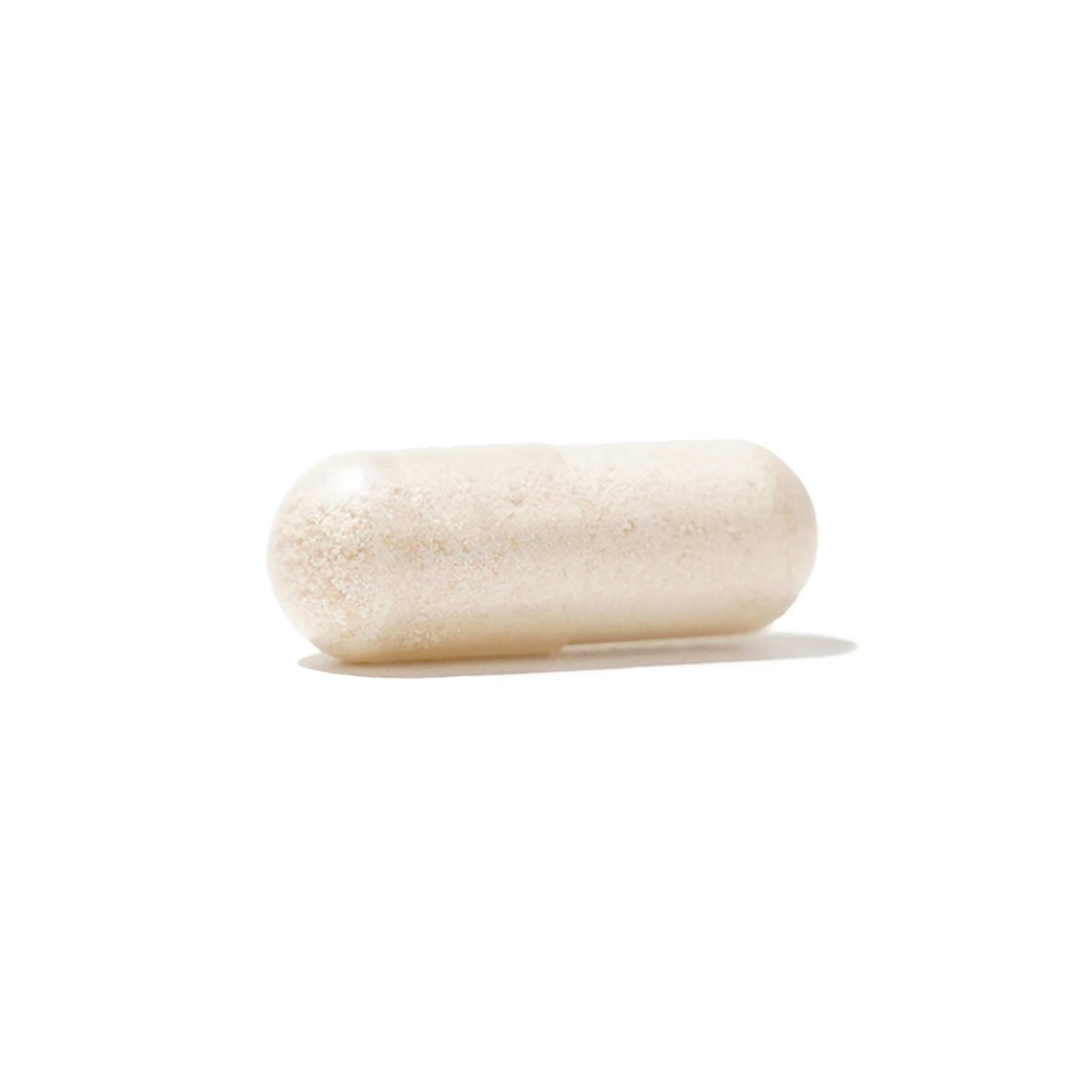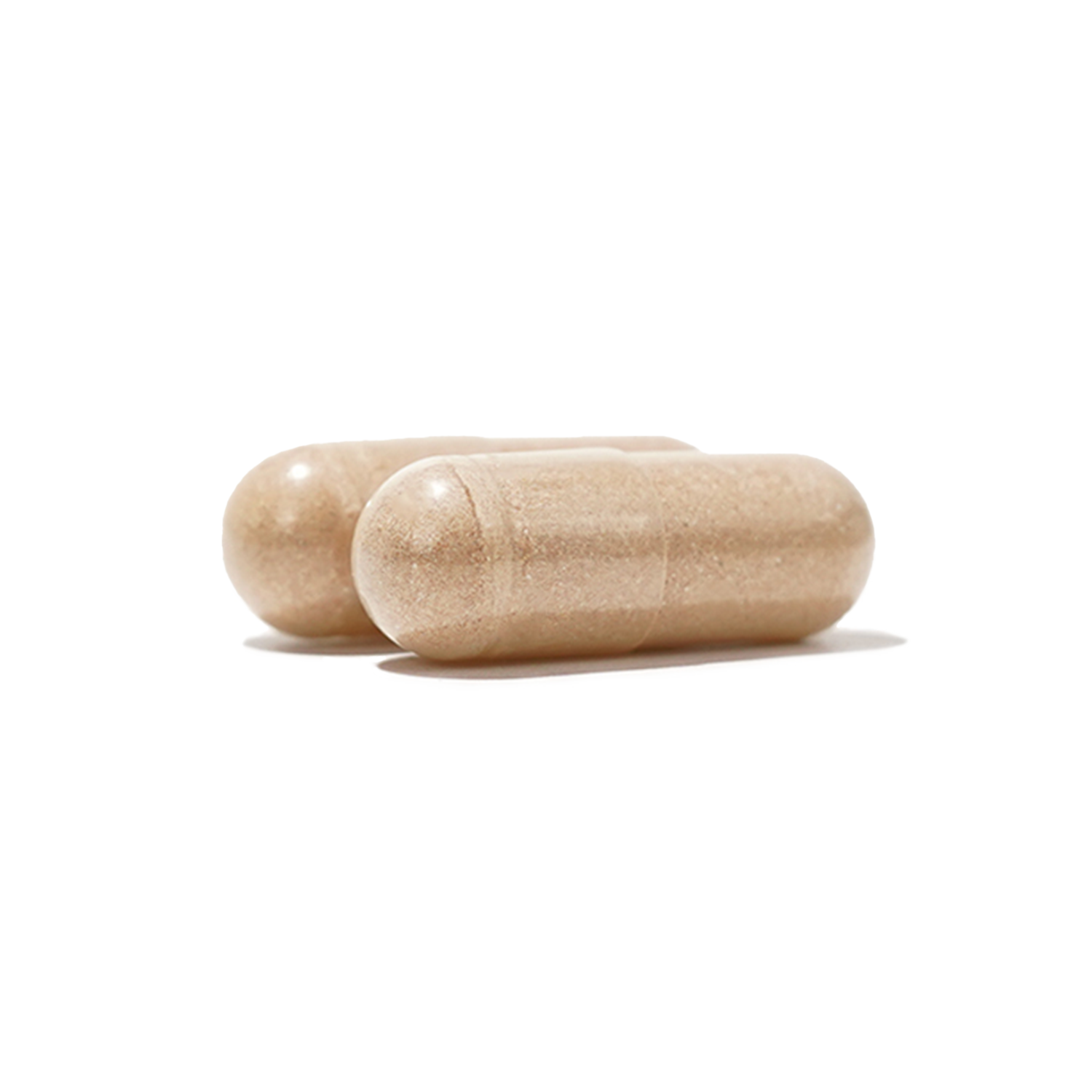For college students, maintaining a healthy lifestyle can be a daunting challenge amidst the rigors of academic life and the temptations of newfound independence. Adopting a balanced approach to health is crucial for overall well-being both on and off campus. Whether you’re living in a dorm or sharing a house with friends, we have several practical tips to maintain a well-rounded health regimen during your college years.
Living on Campus
Living on campus provides a unique college experience, but it comes with its own set of health challenges. The availability of dining halls and fast-food options can lead to poor eating habits.
However, there are easy ways to overcome these challenges:
1. Opt for Balanced Meals: While dining hall food might not always be the epitome of health, try to choose a balanced plate with vegetables, lean proteins, and whole grains. Limit the intake of processed and sugary foods.
2. Stay Active: Engage in regular physical activity. Utilize the campus gym, join fitness classes, or simply take a walk around campus. Regular exercise not only keeps your body fit but also relieves stress.
3. Prioritize Sleep: College life can be hectic, but ensuring adequate sleep is essential for mental and physical well-being. While you’ll undoubtably enjoy some late nights, aim for an average of 7 to 9 hours of sleep per night.
4. Manage Stress: College can be stressful, so it's vital to find healthy coping mechanisms. Engage in activities like yoga, meditation, or spending time with friends to unwind.
Living Off Campus
Living off campus allows more control over dietary choices and lifestyle. However, it also demands self-discipline.
1. Cook at Home: Preparing meals at home allows you to choose fresh, nutritious ingredients and control portion sizes. Experiment with healthy recipes to make cooking enjoyable.
2. Grocery Shopping Smartly: Fill your kitchen with fruits, vegetables, whole grains, lean proteins, and healthy fats. Minimize the presence of processed and junk foods in your pantry.
3. Form a Routine: Establish a daily routine that includes regular meals, exercise, and study time. Consistency is key to maintaining a healthy lifestyle.
4. Hydration is Vital: Always keep a water bottle with you and stay hydrated throughout the day. Avoid excessive consumption of sugary drinks and alcohol.
How Supplements Can Help
NatureWise believes that a balanced diet is the foundation of good health and understands that sometimes it may be challenging to get all the essential nutrients from food alone. This is where supplements can play a vital role.
1. Nutritional Gaps: In a busy college life, preparing a perfectly balanced meal every time might not be feasible. Taking a multivitamin offers a convenient way to ensure you get the necessary nutrients.
2. Specific Needs: Some individuals require additional supplementation for vitamins and minerals they aren’t receiving from food or lifestyle alone. Vitamin D, for example, can be difficult to get from the sun if you consistently wear sunscreen.
3. Immune System: Certain supplements, like vitamin D and zinc, can support normal immune responses for more days spent on the quad and less days sniffling in bed.
To help students have their healthiest semester yet, 3 bundles of NatureWise supplements were created with these challenges in mind. Plus, each bundle comes in a "semester size" which is packaged with a semester’s worth of supplements, so students won’t run out before their finals are complete!
Study Buddies
Vitamin D3 and Magnesium are paired together as our College Dorm Duo to become the best study buddies a student could ask for.
Vitamin D deficiency and insufficiency is a public health problem worldwide. A study at University of Sharjah-UAE showed that 85 percent of students had insufficient vitamin D levels, particularly females. Vitamin D is responsible for facilitating normal immune system function, regulates mood, and supports healthy weight management. While the body can absorb vitamin D from the sun, it can be difficult to receive enough if you use sunscreen, live in an area with high pollution, or have dark skin.
Magnesium is a critical mineral for the brain and body because every cell in the body needs it to function. Adequate magnesium levels can help support normal brain functions, normal sleep quality and duration, and normal inflammatory responses—just to name a few.
Stress Less: Probiotics, Ashwagandha, and Vitamin D3
“I’m not stressed,” said no college student ever. Tests, projects, and pop quizzes provide unavoidable stress every semester. In addition to the benefits of vitamin D, the Max Care Probiotics and Ashwagandha for Stress in our Back to School Bundle can help.
Probiotics help support normal gut functions that can impact mood. Test anxiety can happen to even the most prepared student, and when it happens, it often feels like a punch in the gut. Not only can it affect a student’s learning abilities and test performance, but it can impede social, behavioral, and emotional development. A review of 13 human studies found that supplementing with probiotics for 1 to 2 months supported a normal mood. Max Care Probiotics are formulated with 12 probiotic strains packaged in patented delayed release capsules to survive harsh stomach acids.
Ashwagandha has been used for thousands of years to support normal stress responses, energy levels, and concentration. In fact, one review of 5 ashwagandha studies reported that that the herb had a positive effect on overall sleep quality and support for a normal mood.
Ladies Only
Going to college is an exciting time for a woman, but it can also be extremely stressful. Between difficult classes, making new friends, and being away from home, supplements in our Women’s Back to School Pack can provide a little TLC.
Magnesium can help promote less of a sense of dread during when it’s that “time of the month.” Magnesium levels fluctuate throughout the menstrual cycle. According to one study of college students, taking 300mg of magnesium daily may help decrease bloating, depression, and anxiety while they experienced PMS.
Probiotics are “good” bacteria that help support a normal and healthy gut. When the body has too many “bad” bacteria and not enough good, probiotics can help restore a natural balance to support a normal digestive system and immune functions. Women’s Care Probiotics are formulated with 13 probiotic strains to support healthy vaginal, urinary, digestive, and immune health. To help resist harsh stomach acids, Women’s Care Probiotics are packaged in patented delayed release capsules.
Women’s Multivitamin with Stress uses 23 essential vitamins and minerals to support overall comprehensive health, including heart health, healthy energy levels, normal immune responses, and radiant skin and hair. Plus, the benefits of Ashwagandha to help you stress less.
A balanced diet, regular exercise, sufficient sleep, and stress management are fundamental pillars of well-being during college. By embracing and prioritizing a healthy lifestyle, students can make the most out of their college experience every semester.
Sources
- Saeed, Balsam Qubais et al. “Vitamin D Deficiency and Insufficiency Among University Students: Prevalence, Risk Factors, and the Association Between Vitamin D Deficiency and Episodes of Respiratory Tract Infections.” Risk management and healthcare policy vol. 14 2733-2741. 28 Jun. 2021, doi:10.2147/RMHP.S308754
- Devje, Shahzadi. “Vitamin D Benefits.” Healthline. 2023. https://www.healthline.com/health/food-nutrition/benefits-vitamin-d
- Ajmera, Rachael and Spritzler, Franziska. “12 Evidence-Based Health Benefits of Magnesium.” Healthline. 2023. https://www.healthline.com/nutrition/magnesium-benefits
- Brown, Mary Jane. “8 Health Benefits of Probiotics.” Healthline. 2023. https://www.healthline.com/nutrition/8-health-benefits-of-probiotics
- Tandon, Neeraj, and Satyapal Singh Yadav. “Safety and clinical effectiveness of Withania Somnifera (Linn.) Dunal root in human ailments.” Journal of ethnopharmacology vol. 255 (2020): 112768. doi:10.1016/j.jep.2020.112768
- Cheah, Kae Ling et al. “Effect of Ashwagandha (Withania somnifera) extract on sleep: A systematic review and meta-analysis.” PloS one vol. 16,9 e0257843. 24 Sep. 2021, doi:10.1371/journal.pone.0257843

